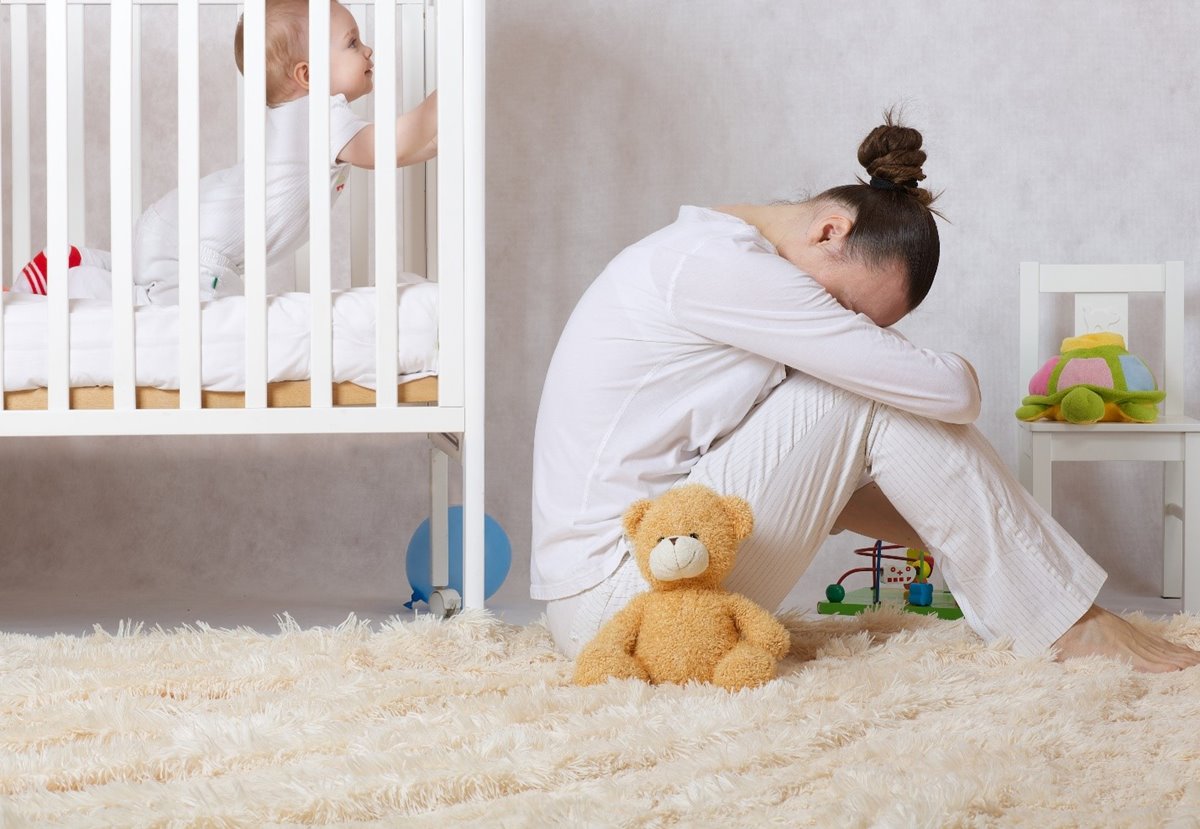Diversity in the Workplace: The Impact of Microaggressions on Employee Mental Health
By: M. Mariana Ramos, R.N.
The University of Rochester Medical Center prides itself in holding inclusion and diversity as core values. Cultural competence is essential when working within a diverse community such as our own. Cultural competence within an organization is defined as "a set of congruent behaviors, attitudes, and policies that enables [us] to work effectively in multicultural environments" (Cross, et al., 1989).
Impact of Diversity
Healthcare organizations often benefit from improved patient care and better financial outcomes when employing a multicultural workforce, yet challenges can still present themselves. Employees can become the target of microaggressions, which have been defined as "brief and commonplace daily verbal, behavioral, or environmental indignities, whether intentional or unintentional, that communicate hostile, derogatory, or negative … slights and insults". Microaggressions have been found to have a detrimental effect on employee mental health. Studies show that individuals that are targeted in this way are more likely to experience symptoms of depression.
What Can Microaggressions in the Workplace Look Like?
Comments and actions such as:
- "I’m surprised at how well you speak English!"
- "Hold on grandpa, let me show you how to use that."
- "She’s getting emotional again."
- Touching a colleagues’ hair or person without permission.
What Can You Do?
If you or a colleague are dealing with depression, anxiety, or stress as a result of microaggressions and other forms of discrimination, Behavioral Health Partners (BHP) is here to help. BHP is composed of a diverse team of mental health professionals trained in addressing the different needs of our diverse organization. Come and talk to us.
Eligibility
Our services are available to eligible University of Rochester staff and faculty who are enrolled in a University Health Care Plan. Services are also available to non-Medicare eligible retirees, and employees’ and retirees’ covered family members ages 18 and over, who are enrolled in a University Health Care Plan. BHP does not provide pediatric services, and therefore enrolled children under age 18 are not eligible for BHP Plan benefits.
References
Cross TL, Bazron BJ, Dennis KW, Isaacs MR. Towards a Culturally Competent System of Care: A Monograph on Effective Services for Minority Children Who Are Severely Emotionally Disturbed, Vol. 1. Washington, DC: Georgetown University Child Development Center; 1989.
Keith Stein | 6/5/2019




